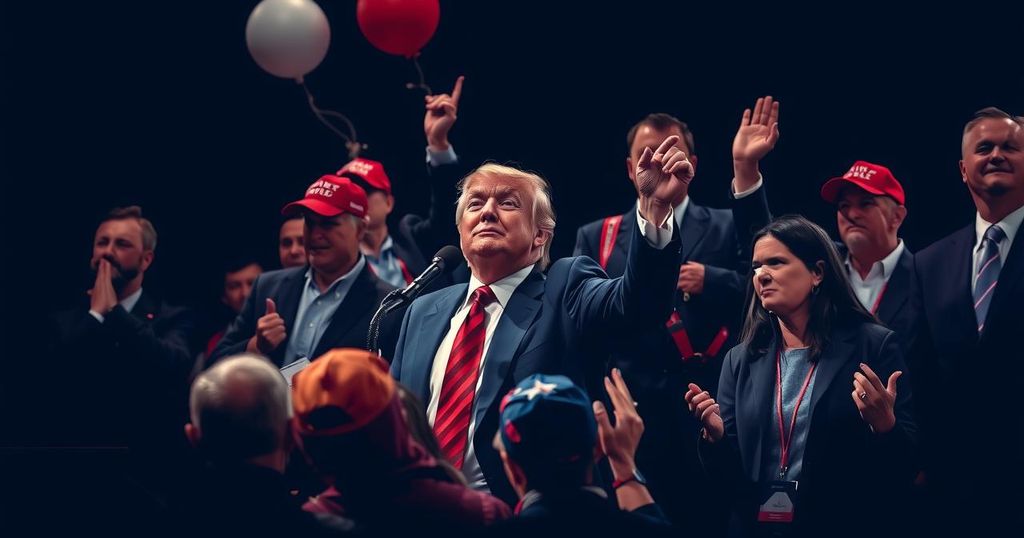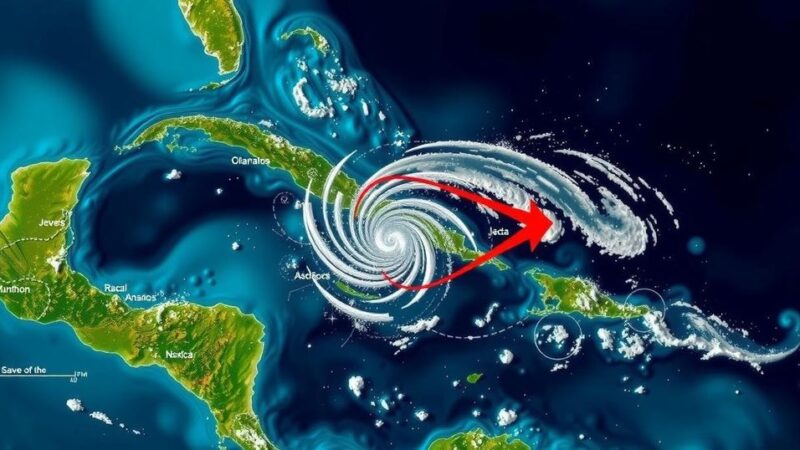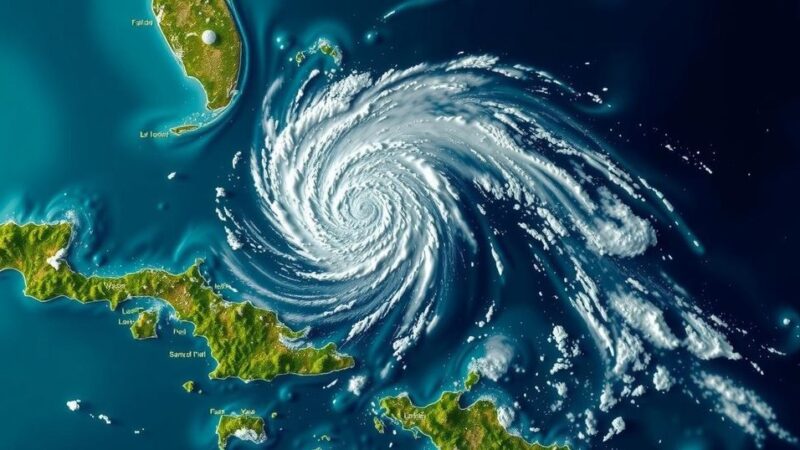Donald J. Trump’s recent electoral victory signifies a potential shift towards isolationism and protectionism in U.S. foreign policy, with promises to alter relationships with both allies and adversaries. This approach raises concerns about the stability of democratic alliances and may lead to significant geopolitical changes. Global leaders express a mixture of apprehension and cautious reassurance about the future dynamics of these relationships under Trump’s leadership.
The world braces for another term of Donald J. Trump following his recent electoral victory, which promises to usher in a period of unpredictability and reinforce an ‘America First’ doctrine. His statements hint at radical transformations in both foreign policy and economic interactions, with pledges to withdraw support for Ukraine and implement stringent tariffs. Analysts express concern that such shifts could destabilize democratic alliances and instigate broader geopolitical ramifications. Experts foresee that Trump’s isolationist posture may compel traditional allies to reconsider their global strategies, anticipating greater reliance on themselves. Acknowledging the uncertainty that characterized Trump’s first term, global leaders remain cautiously optimistic, asserting that core components of their relationships with the United States would largely persist despite potential policy shifts.
The election of Donald J. Trump marks a significant shift not only in U.S. politics but also in the international geopolitical landscape. Over the years, Trump has repeatedly emphasized a foreign policy stance characterized by isolationism and protectionism. In the context of ongoing global challenges, including the war in Ukraine and climate change, his administration’s focus on national interests raises alarms among allies who depend on American leadership. Understanding these dynamics is crucial for comprehending the potential consequences of Trump’s second term.
In summary, Donald J. Trump’s reelection is poised to redefine America’s foreign policy engagements, with significant implications for global alliances and economic practices. His inclination towards isolationism and challenging established international norms may compel allies to reassess their collaborations. As world leaders respond to the uncertainties ahead, the overarching sentiment underscores a critical need for multilateral cooperation amidst a backdrop of unpredictability.
Original Source: www.nytimes.com






